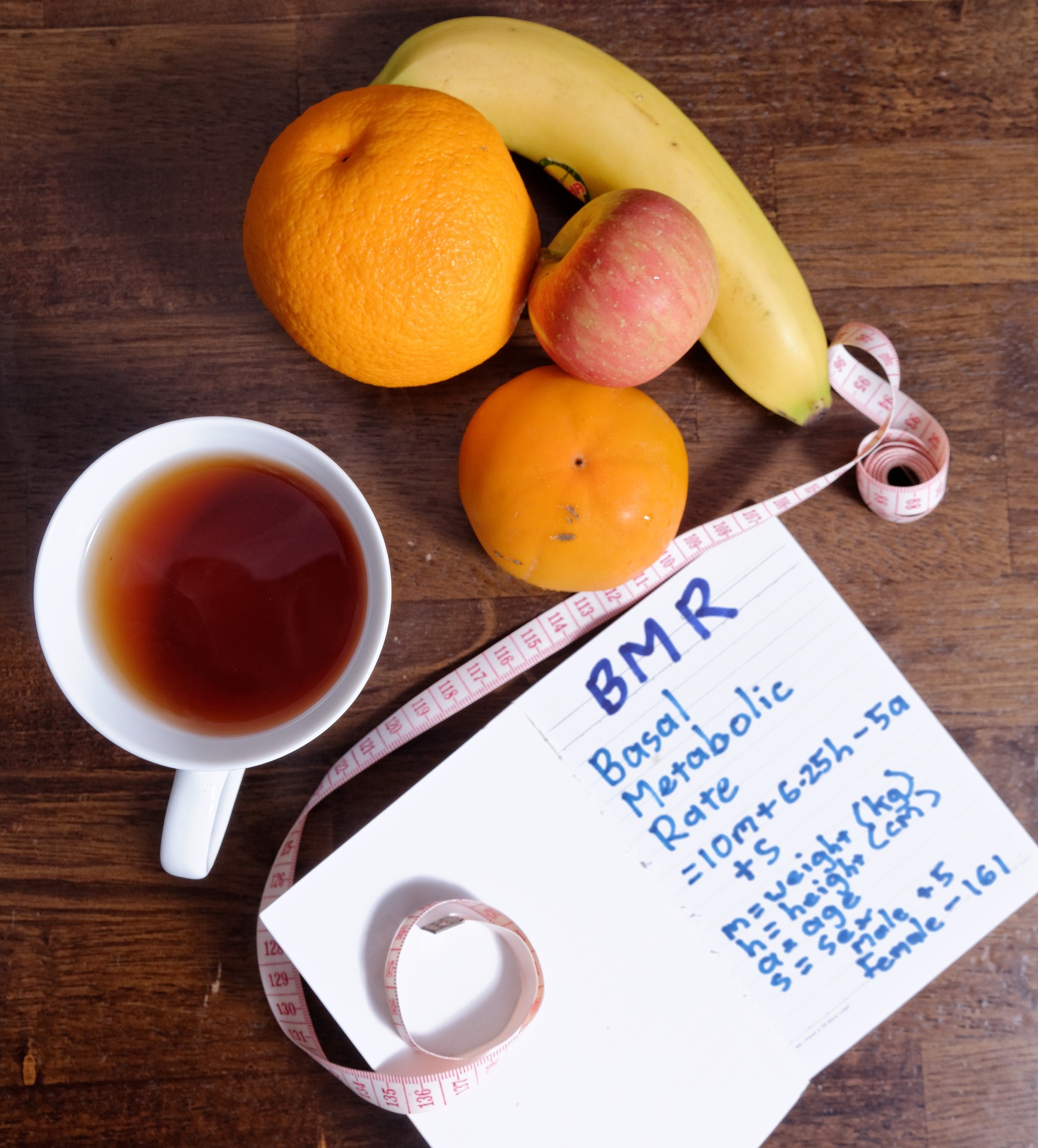Home > Sections > Organs & Systems > Metabolism
Last Updated: 12th October 2023

Metabolism
Keywords 
Metabolism, eating, healthy, unhealthy, carbohydrates, fats, energy, chemical reactions, castabolism, anabolism, sustenance.
Introduction
You feel hungry, mainly because you're feeling low on energy. This is okay, as you can eat something with high energy levels in it - a banana, for example. This will bring your energy levels back up from being low. A banana will release energy into your body slowly over a longer period of time than something else, like toast. But why, and how does this do this?
Metabolism, Explained
Working on the chemical processes in your body, the metabolism will produce energy. This energy is converted from food to help you carry out everyday functions your body needs to maintain itself.
Specifically, the metabolism breaks down carbohydrates, fats and proteins from the food and drink that you eat, and the energy from these allow your body to do the following functions:
- Breathe
- Digest the food you eat
- Circulate blood around your body
- Repair and help to grow cells in your body
The rate at which your body does these processes is measured in kilojoules, and this can determine whether you have a high or low metabolism.
Here's a YouTube video from MooMooMath and Science on what metabolism is:
Synthesis Reactions
There are two processes that allow your metabolism to produce the energy you will need in your body. All cells in your body are made of protein. This means that your body needs to digest these proteins in order to make new cells, and replace old, damaged cells.
How our body does this is through use of enzymes. Each enzyme in your body (of which there are 5000 of), interacts with the different proteins you eat through the foods ingested.
To do this, a synthesis reaction is needed. There are two main ways this happens. Firstly, there is catabolism, which breaks down the food into simpler forms (this is the process done by the enzymes in your body). It then releases this as energy. Catabolism can be used for carbohydrate and lipid breakdown, and protein catabolism to break down into one of the 20 amino acids.
The second reaction is called anabolism. This uses the energy made for cell growth and repair across the whole body. It creates larger molecules from smaller ones, and can be used in protein synthesis, DNA synthesis and for growth of bones and muscles.
Interesting fact: it only takes around 30 minutes of sitting around to stop, slow down and inhibit the metabolism. So, if you are sitting down for long periods of time at work, for example, it's a good idea to get up and exercise every 30 minutes.
Factors that Affect Metabolism
There are a number of factors that affect your metabolism, including:
- Body size: this is not a fat-shame here, but larger people, including those with more muscle, tend to burn more kilojoules. This is simply because the person is bigger.
- Gender: men burn more energy than women, which is the direct result of having more muscle relative to their body weight.
- Age: always a factor, when you get older, you tend to lose muscle and this slows the metabolism rate.
- Genes: they tell your body how big your body will be in terms of size, growth of muscles, and this affects your metabolism too.
- Health: general health issues can affect your metabolim too. Some ailments can increase your metabolism to cause sudden weight loss, whereas other ailments may do the opposite.
Your metabolism can also affect your health. Depending on which way your metabolism (high or low) can determine the way you are feeling. If obese, you will have more health issues. If very skinny, a similar case in that you will have issues. There is no scientific record that shows you can change your metabolism.
Too Long; Didn't Read
We need energy through the day, and to do this, we need to eat. If we eat too much, we can put on weight. But that depends on your metabolism.
Metabolisms break down carbohydrates, fats and proteins from food and drink that you eat, and the energy produced from these allow you to breathe, digest food you eat, circulate blood around your body and reparir cells in your body.
Measured in kilojoules, your metabolism can be fast or slow. Slow means that you will gain weight, fast means you will lose it. Other factors that affect metabolism include age, gender, body size, genes and your health.





 What is Health?
What is Health? The Digestive System
The Digestive System Genes & Chromosomes
Genes & Chromosomes
